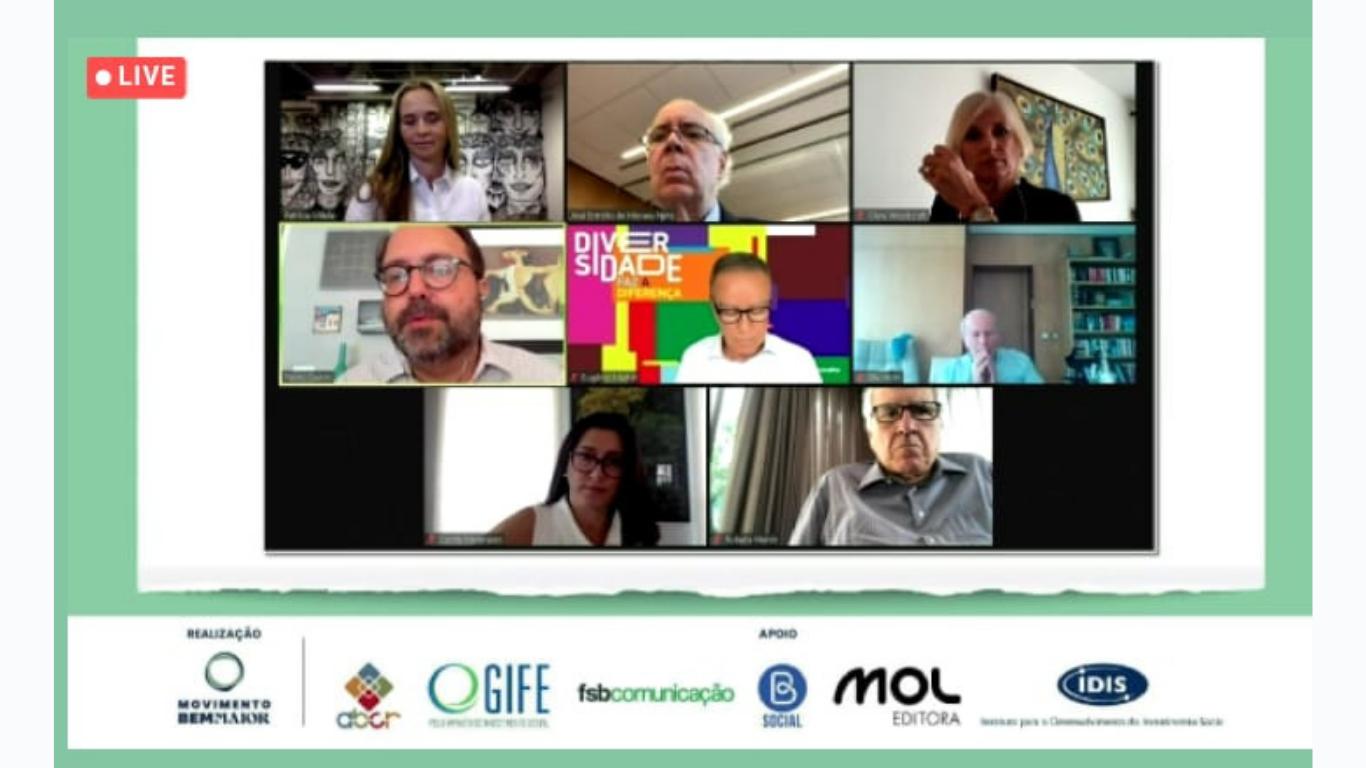In the manifesto of “The Giving Pledge”, Brazilian Elie Horn and his wife reaffirm the fact that, as human beings, they will not take anything with them “to the other world” and add that “the only things that matter are good deeds what we do."
The businessman remembers that his father gave 100% of what he had and that is why the feeling that he also did everything possible to give meaning to his mission “in this world” is so important to him.
One of their biggest causes is helping the Israeli community. How does a philanthropist choose what to focus on?
“Philanthropists must follow their common sense. Everyone has their own priorities, everyone has their own neighborhoods, their beliefs, so we must try to adapt the desires of our minds and hearts to the needs of the world. No one will do anything without being convinced first. The way I see things, everyone has their own religion, country, city, family values, work, friends, we should try to reach a consensus on everything and move forward, just do it. The main problem is the 'doing', not the 'where' or the 'how', it is the 'doing'. If no one does anything, we have a problem. So let’s do something and then the rest is easy.”
How do you see Latin America and philanthropy and why do you think it is not as common on this continent?
“Probably Latin culture doesn't allow people to give a lot, it's a very materialistic society, people think a lot about themselves, their family and their possessions, forgetting that there are other people in the world. I believe that when we identify a problem, we immediately have a solution. We need to focus not on the difficulties, but on how much we care and how much we are doing, making more people aware of the solutions and helping the world. One day it will happen, I just hope it’s not too late.”
What challenges have you faced as a philanthropist?
“I didn’t have any problems, from that point of view. On the contrary, I always heard positive things and saw people willing to help. I would say there was no confrontation with anything. We need to do more, not face more.”
How much money does a person like you need to live well if you are capable of giving up your fortune to help others?
“It’s not about how much you spend, but what you give. That's important. The word expropriate is not correct, the word is invest. Looting is when you throw something away, when you invest in philanthropy, make money and don't lose it, then you don't loot it, on the contrary, you become rich. It's the opposite of what you might think. If you lead a normal life, it's not difficult to live, it's difficult to have exaggerated pleasures and luxuries. You can live well with little money and no problems.”
In your experience, how has philanthropy evolved in recent years?
“I think philanthropy is advancing because more people are aware of the problem. Everyone wants to help, but unfortunately this is not enough to rid the world of poverty, injustice and guarantee fair rights. We need to act collaboratively, not just individually. I know one day we will get there. I just hope it’s not too late.”
Housing has also been your pillar of support, why are you especially interested in this area?
“I am not particularly interested in this matter. I have many topics that interest me, housing is one of them, but it is not the main one. Given my experience in the real estate sector, we decided to take on the challenge, together with Gerando Falcões, a well-known Brazilian NGO, of repairing 1 million homes in favelas. That might be easier said than done, we'll see. But I’m not going to say that housing is my priority, housing is one of our priorities.”
How much has philanthropy changed with the advent of a pandemic, that is, how much have the biggest and most impactful areas of need changed in society when viewed from a philanthropic perspective?
“I think philanthropy is growing, integrating and evolving faster. I think the pandemic has sped things up, everything is so connected now, because of technology, e-commerce, and apparently philanthropy is moving faster too. Until when, I don’t know, but it’s faster and the changes are positive.”
Is it possible to live in Latin America as a philanthropist?
"Why not? Course is".
BY CLAUDIA ARANGO HOLGUÍN | Free translation
This interview was originally published on the website of the newspaper El Colombiano.



 ">
">
